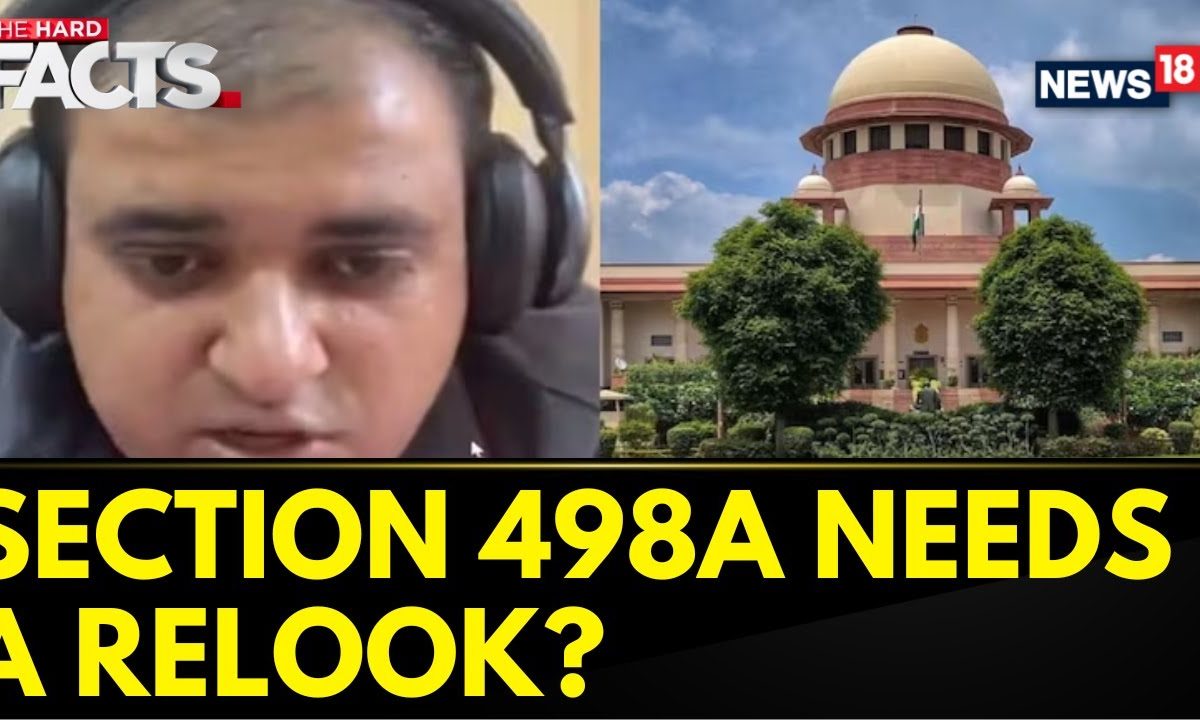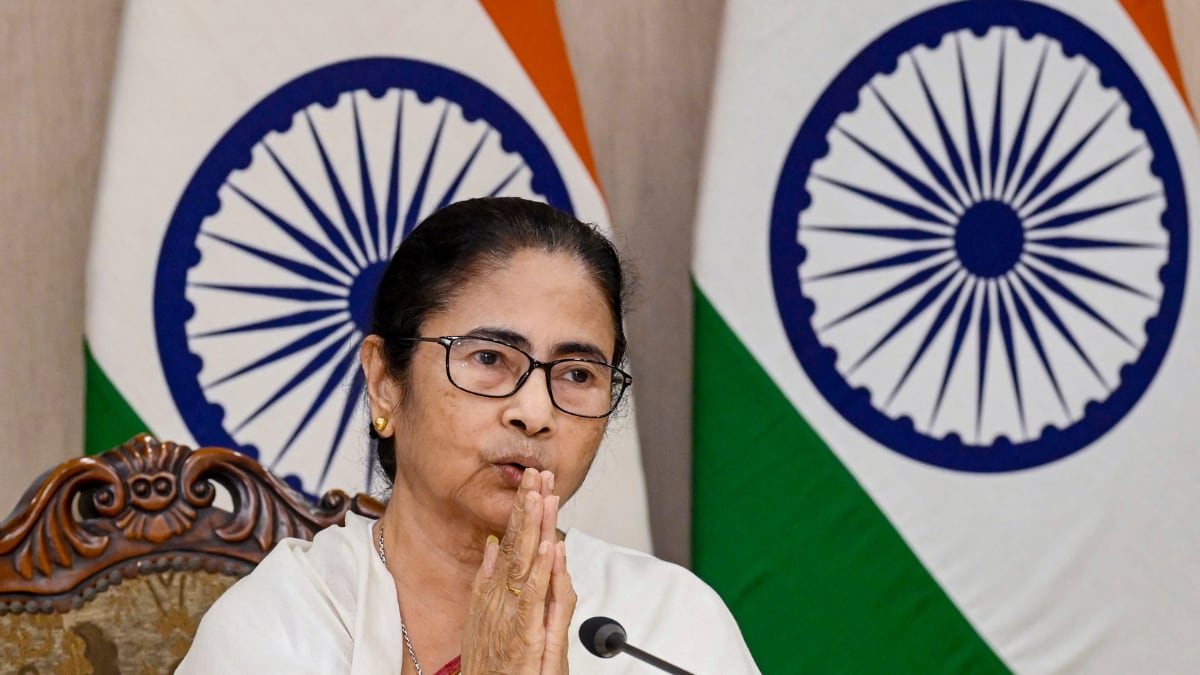Last Updated:December 11, 2024, 12:08 IST
Captain Gopinath, considered the father of low-cost aviation in India, told News18 in an interview that an airport in Hassan will not only boost tourism but also provide a direct route for the export of agricultural produce

Capt Gopinath advocated for low-cost airlines and low-cost airports, ensuring that air travel becomes affordable for the common man. (X)
Captain GR Gopinath, the father of low-cost aviation in India, has made a compelling case for Karnataka to embrace a multi-airport model in cities like Bengaluru, as well as develop airports in major districts like Hassan, just how former prime minister HD Deve Gowda envisioned.
In an interview with News18, Gopinath said: “We need more airlines and more airports. When airports compete, it boosts the aviation industry. It leads to lower prices, better services, and more opportunities for local economies to thrive. More airports mean more choices, more jobs, and increased investments in the regions around them."
Gopinath, who started the famous Air Deccan, had several flights plying between Tier 2 and Tier 3 cities, making connectivity better and flying more affordable for the people in the country.
Hassan Airport: A Critical Development for the Region
Gopinath emphasised the need for the Hassan Airport, a project that has faced multiple delays. Hassan, an emerging tourist and industrial hub, could see significant economic growth once the airport is operational.
Speaking on the long-delayed project, which Deve Gowda spoke about in the Rajya Sabha recently, Gopinath underlined its importance as a gateway to Karnataka’s tourism and agricultural hubs.
“Hassan is a key tourist destination, with places like Shravanabelagola, Belur, and Halebidu, which are now a UNESCO World Heritage Site. Tourists from cities like Chennai, Agra, or Varanasi could directly fly to Hassan if there’s an airport. This would not only boost tourism but also provide a direct route for the export of agricultural produce," Gopinath said.
Former PM and JDS patriarch Gowda, while speaking in the Rajya Sabha, had said: “I cleared the Hassan Airport project when I was prime minister, but successive governments have failed to follow through."
“Hassan is an important region with educational institutions, the Master Control Facility of ISRO, and a thriving coffee and dairy industry. An airport there will create economic opportunities and help farmers by providing direct export routes," he added.
Responding to this, civil aviation minister K Rammohan Naidu said over 60 per cent of the construction for Hassan Airport has been completed, with 56.5 per cent of the financial work also completed. Naidu confirmed that the airport is expected to be completed by April 2025. He assured Gowda that the dream of a fully operational airport in Hassan would soon become a reality.
Gopinath cited the success stories of regional airports like Hubli and Dehradun as examples of what Hassan could achieve. “When Air Deccan started flights to Hubli, it was a neglected airfield with no terminal building. Over time, the airport expanded and today, it handles Boeing and Airbus flights with connections to Delhi and Mumbai. Similarly, Dehradun had an old airfield that was last used during the Second World War, and by the time we got there, cattle were grazing on the tarmac. Now, it’s a thriving airport with over 20 daily flights."
The aviation pioneer also credited Deve Gowda for his foresight in laying the groundwork for Hassan Airport.
“The land for Hassan Airport was acquired during Deve Gowda’s tenure as chief minister. As prime minister, he played a key role in advancing Karnataka’s aviation infrastructure, including the international airport in Bengaluru. His consistent advocacy for Hassan Airport deserves recognition," Gopinath said.
Role of Infrastructure in Supporting Airports
Gopinath also had a word on the need for multiple airports for Bengaluru city. Citing the example of London, where six major airports serve the city and its surrounding areas, he said: “London has six airports serving different directions. Why can’t Bengaluru have two or three? If we create a network of airports, Bengaluru will grow in all directions, not just in one. Balanced growth is what will ensure that industries and infrastructure flourish across Karnataka, not just in Bengaluru. The government should consider having at last four airports in Bengaluru in all four directions."
Gopinath also stressed that for airports to be successful, strong infrastructure such as roads, metro systems, and railways must be built alongside. He pointed to cities like London and Paris, where transport hubs are directly connected to airports. “In London, the Heathrow Express takes just 15 minutes from the airport to the city centre. Bengaluru needs to aim for that kind of efficiency," Gopinath said.
Reopening HAL Airport for Civilian Operations
Gopinath raised the issue of the HAL Airport in Bengaluru, which currently handles defence operations and limited private charters. He has long advocated for reopening the airport to civilian flights to ease congestion at Kempegowda Airport (KIAL).
“The HAL Airport is in the heart of Bengaluru, and it would make sense to use it for civilian flights. With KIAL in the northern part of the city, it’s difficult for people in the southern parts to access the airport. Having another airport in the heart of the city would make air travel more accessible to everyone," Gopinath argued.
He highlighted the potential benefits of using the HAL Airport for civilian operations, saying it could reduce travel time for those living in the southern parts of Bengaluru and boost connectivity to other regions of Karnataka.
Breaking Monopolies, Encouraging Competition
Another key issue that Gopinath raised was the need to break monopolies in the aviation industry. He recalled an incident when Air Deccan tried to start flights to Bidar, a remote town in northern Karnataka, but was blocked by an existing airport operator due to restrictive policies.
“Monopolies are a big problem in the aviation industry. They stifle competition and hinder the growth of new airports and services," Gopinath said.
According to Gopinath, decentralising aviation and allowing more players to operate airports would create a more dynamic and accessible system. He also advocated for low-cost airlines and low-cost airports, ensuring that air travel becomes affordable for the common man.
As Gopinath pointed out, adding more airports across the country would create alternate city pairs, promoting competition and leading to the development of ecosystems around these hubs. More airports will also make air travel more accessible, allowing industries to grow in new regions and helping connect remote areas to major markets.
Gopinath’s Vision for Karnataka’s Airspace
Gopinath’s vision for Karnataka’s aviation sector is one of decentralised growth, where smaller cities and rural areas are connected to the global economy through a network of airports. “Airports bring jobs, investments, and connectivity. They open up remote areas and create opportunities. For rural India to thrive, we need airports in every region, not just in metros," he said.
He believes that with the right infrastructure and a commitment to decentralising aviation, Karnataka can transform into a state where growth is spread across all its regions, not just concentrated in Bengaluru.
Less than 4 per cent of India’s population travels by air today, despite the apparent crowding at airports. The reason? The majority of flights are concentrated between major metros — Mumbai, Delhi, and Bengaluru — where over 70 per cent of the country’s air passengers are based.
With about 250-270 million tickets sold annually, it’s important to note that this figure represents ticket sales, not unique travellers, as many frequent flyers contribute to the total. In reality, around 50 million people, out of India’s 1.4 billion population, are the ones actually flying. This highlights a glaring need for more airports to accommodate and stimulate growth, Gopinath said.
Location : First Published:December 11, 2024, 12:08 IST
News india Air Deccan’s Capt Gopinath Gives Wings To Deve Gowda’s Dream With Push For Hassan Airport

 17 hours ago
17 hours ago


















